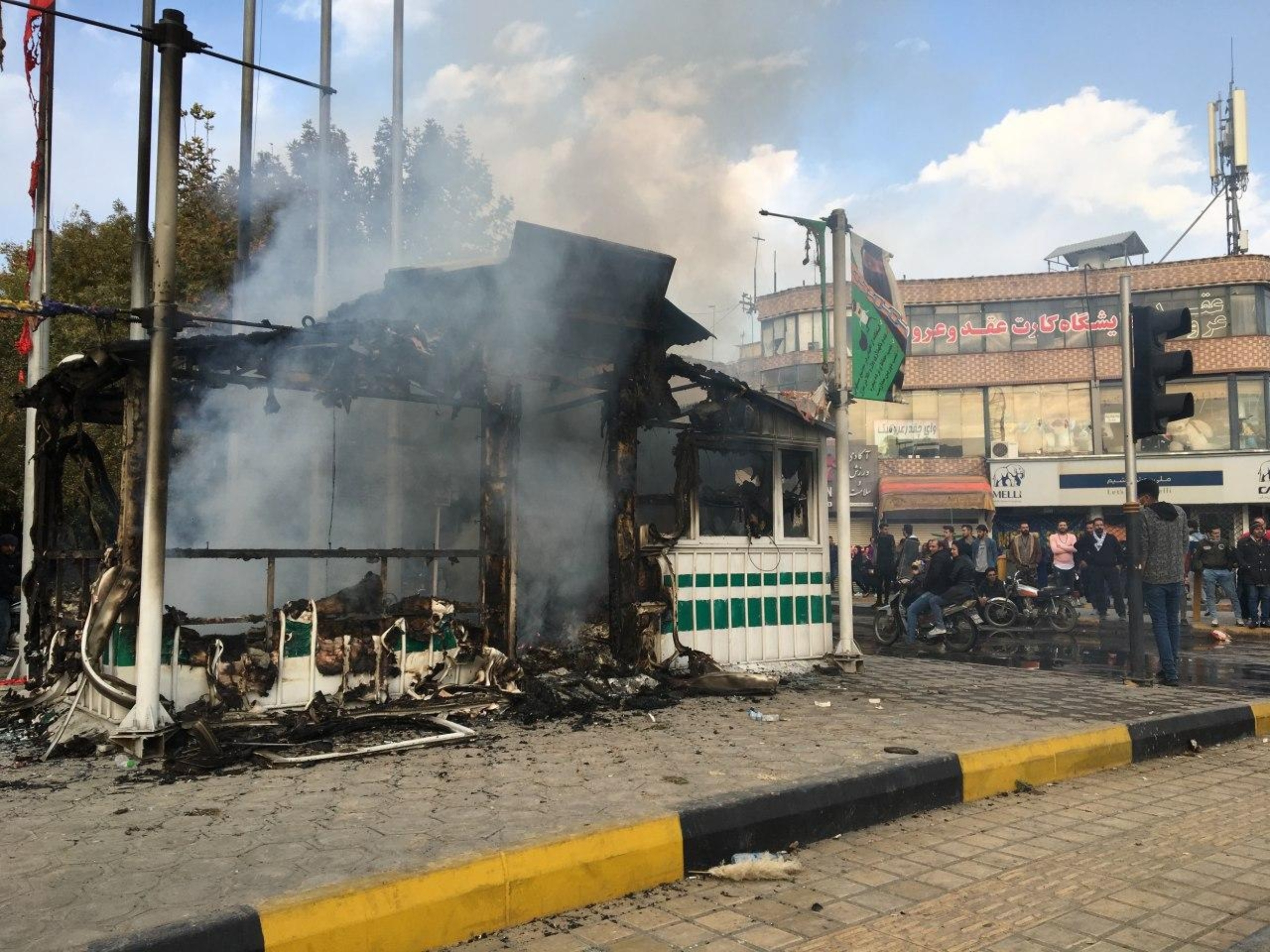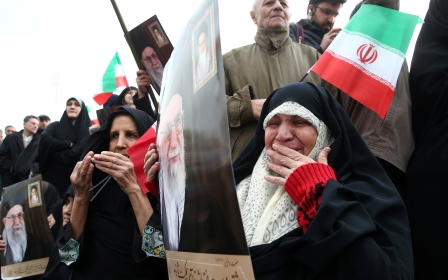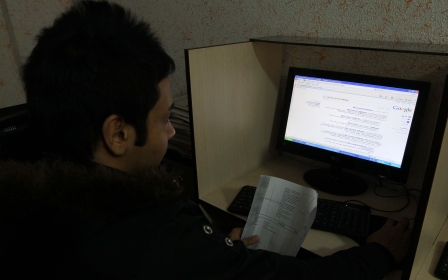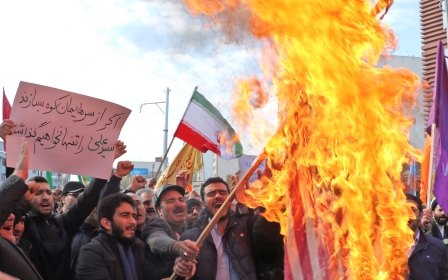Iranian press review: Citizens demand platform to express discontent

Call for space for citizens to criticize authorities
Commentators, activists and analysts from across the political divide in Iran have been urging the authorities to provide a platform for ordinary people to demonstrate their discontent with government policies, following deadly riots that sparked across the country.
Last week, over 100 people were reportedly killed in small cities and underprivileged suburbs of larger cities, during clashes that erupted following an abrupt hike in fuel prices.
All political factions have been unified in condemning the violent riots, which destroyed hundreds of public buildings. However, analysts point out that if people had the opportunity to make their voices heard through peaceful channels, they would not have directed their anger at buildings such as banks, hospitals and libraries, which were set on fire.
“Organising demonstrations is all citizens’ right, and they should be able to openly and peacefully express their dissent,” the Mardom Salari daily said in an analysis piece following the riots. “But, has anything been done [by the authorities] to meet the citizens’ right to demonstrate?”
Depriving people of their right to protest, in the long term, would result in Iranian citizens’ distrust in the political establishment, the daily added.
Abbas Abdi, a reformist activist and political analyst, in an opinion piece published in the Iran daily about the unrest, explained the role of economic inequality in spreading anger among the residents of poor cities and neighbourhoods.
“A big fraction of society, especially among the youth, finds itself politically and culturally marginalised,” Abdi wrote. "Providing economic developments, creating more jobs and opening up the cultural and political space, are the only ways to solve the [current] issue.”
Families sell babies to survive under US sanctions
More and more families with lower incomes in southern Tehran have turned to selling their babies to make ends meet, the Arman daily reported, following the reimposition of US sanctions in 2018 that has resulted in an economic crisis in Iran.
The phenomenon is not entirely new to the Iranian society. Previously, baby-selling was a common occurrence amongst mothers who were drug addicts or prostitutes. Now, parents who are suffering from poverty and unemployment are offering their babies up for sale, according to the Arman.
The director of the Iranian Society of Pathology, Kouroush Mohammadi, confirmed the news and told the Arman: “Some families sell their newborns to make ends meet, while some others even pre-sell their babies."
In September, Mashregh News reported that a criminal organisation was arrested, which sold babies with official identification papers for one billion Iranian rial (about $9,000) each.
According to this report, the babies were bought from their biological mothers for 300 million rial (about $2,700).
Air pollution costs Tehran $2.6bn
The head of Environment and Sustainable Development, Shina Ansari, has said that the annual damage of air pollution to Tehran is estimated at about $2.6bn, Tasnim news agency reported.
On Wednesday, poor air quality forced the government to close down primary schools in the capital. Every winter, Tehran faces a huge environmental crisis due to poor air quality caused by the large number of outdated vehicles and low-quality petrol.
In recent years, other big Iranian cities such as Isfahan, Shiraz, Tabriz, Arak and Ahvaz have also been affected.
In August, Iran’s official news agency IRNA reported that every year over 29,500 people die, and about 150,000 are hospitalised in the country because of diseases related to air pollution.
The air pollution crisis has become more disastrous since US sanctions were reimposed, which has resulted in a ban on Iran from importing standard petrol and new automobile technologies.
'Mafia' in control of water projects
A "water mafia" in the Iranian energy ministry has control over the decisions and implementation of water-related projects in Iran, the Hamdeli daily has claimed.
The network, which employs hundreds of experts and specialists, controls the approval of projects for constructing dams, designing irrigation systems and issuing licenses for agricultural wells, the daily reported.
According to the daily, projects to transfer water from the Caspian Sea in northern Iran to dry central provinces were approved by the energy ministry, despite there being no economic justification for it and it causing fundamental damage to the environment.
The Hamdeli also accused Iran’s Energy Minister Reza Ardakanian and the head of the Department of Environment, Isa Kalantari, of being involved in illegal activities within the water mafia.
The accusation was made based on their support to transfer water from the Caspian Sea to Semnan province.
In recent years, Iran has encountered serious drought and water shortages. Experts believe that water mismanagement, building unnecessary dams and unscientific water transfer projects have deepened the country’s water crisis.
* Iranian press review is a digest of reports that are not independently verified as accurate by Middle East Eye.
Middle East Eye propose une couverture et une analyse indépendantes et incomparables du Moyen-Orient, de l’Afrique du Nord et d’autres régions du monde. Pour en savoir plus sur la reprise de ce contenu et les frais qui s’appliquent, veuillez remplir ce formulaire [en anglais]. Pour en savoir plus sur MEE, cliquez ici [en anglais].




